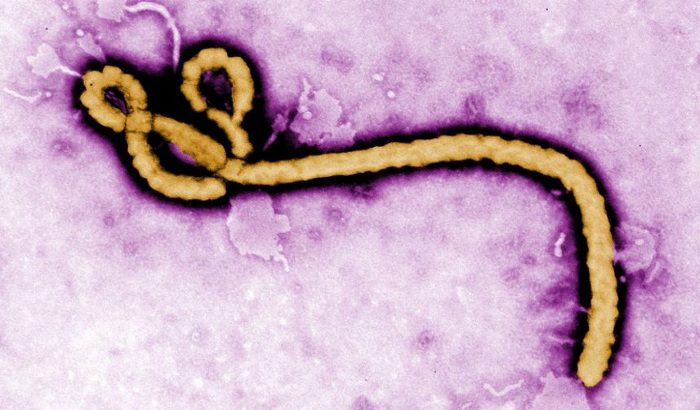
While the world’s attention is on West Africa, Europe and the United States, one should not forget the threat that Ebola poses to the Caribbean. Public alarm in the region has grown since the first death in Texas – an important gateway to the Caribbean – on 8 October. Regional agencies have attempted to reassure their populations that once basic precautions are taken the risk of infection is “very low”. Also they have begun designing and implementing safeguard mechanisms to increase Ebola preparedness. These include, reinforcing systems at Ports of Entry to handle travellers from countries where Ebola is in circulation, and reviewing infection prevention and control guidelines by health care professionals and acquiring appropriate personal protective equipment. Further, the authorities are finalising arrangements with the US Centre for Disease Control and Canada’s Public Health Agency for the testing of suspected cases. The Caribbean Health Agency (CARPHA) does not have that capability.
In concert with the regional approach, individual countries have enacted their own initiatives. Several, including Jamaica, Trinidad and Tobago, and Suriname, have banned travellers from Ebola-affected countries in West Africa. Also, several Jamaican entertainers have cancelled their tours to Africa following warnings from the Health Ministry. In Dominica the government has said that a Nigerian music group must not attend the country’s Creole Music Festival. While in Haiti the authorities have banned volunteers from travelling to Ebola-hit countries. The decision was made after the United Nations began recruiting volunteers to respond to the epidemic. According to Health Minister Florence Duperval Guillaume, it was done “to restore the confidence of our citizens”. She continued “… think of those citizens who have been so traumatized, after the earthquake, after cholera, and after Chikungunya. We cannot afford to take an additional trauma”.
Despite the regional and national initiatives, many health professionals and members of the public remain unconvinced that enough has been done to mitigate the risk. In Jamaica, for example, concerns have been raised that the country does not have the requisite hazard-management kit not only for doctors and nurses, but even for those working in the Centre for Disease Control and Prevention. Doctors have panned the government’s “lacklustre approach” in preparing for the disease, and some have suggested that without the proper kit they will not deal with Ebola patients. The scepticism amongst many parts of the population has in turn led to rumours spreading that Ebola has already arrived in the Caribbean, but so far it has not.
Adding to the concern about the region’s capacity to deal with Ebola is its rather lacklustre response to the Chikungunya virus. The virus is spread by the aedes aegypti mosquito and the symptoms include high fever, severe joint pain, muscle pain, nausea, headache, and rash. Since December 2013 when the first ever cases in the Caribbean were reported in Saint Martin the virus has spread quickly. The latest figures (3 October) from the Pan American Health Organisation indicated that there have been an estimated 726,404 cases across the Caribbean, and 118 deaths. Although two-thirds of the cases have been in the Dominican Republic, most countries have been affected. In Grenada, for instance it is estimated that close to 60 percent of the population have been infected.
Measures have been taken but across the region there is a feeling that governments have not acted quickly enough or strongly enough to deal with the virus. In an editorial in the Jamaica Gleaner on 2 October, the paper criticised the Health Minister for his “pompous, unnecessarily blame-deflecting, and ultimately failed communication strategy employed in his hapless management of the […] epidemic, about which he apparently remains in denial”. Other critics have argued that governments have under-reported the epidemic because they did not want to risk travel advisories which might have scared away tourists. Resource constraints have also been seen with only a very small number of cases being tested and proven and a lack of basic medicines to deal with the symptoms. The effects of an ever-growing number of infections have included a fall in economic activity and a significant increase in student and teacher absenteeism. So the difficulties in containing the Chikungunya epidemic have increased fears that if Ebola does enter the Caribbean the authorities may well struggle to contain it.
Further Reading on E-International Relations
- American Global Health Internationalism and the Ebola Crisis in West Africa
- Ebola Response in the Democratic Republic of Congo: A Bridge to Peace?
- Opinion – China’s Soft Power Diplomacy in the Caribbean
- Containing Coronavirus: Resilience in Times of Catastrophe
- The EU’s Global Health Crisis Management: Past and Present
- Globalization, Human Trafficking and Tourism in the Caribbean